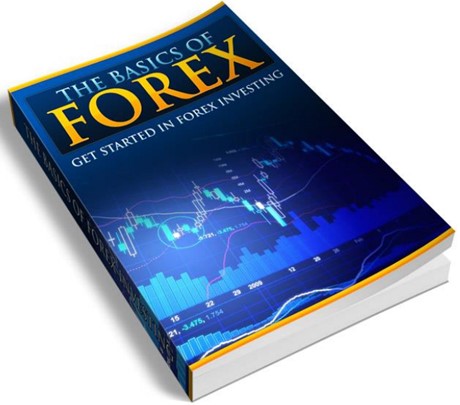Forex Duh?
Forex Duh? – Chapter 2: Stock Market Trends Understanding stock market trends can make your job of earning money in the market much simpler. In contrast, if you know little or nothing about these trends, it can cause serious loss.
Bulls And Bears
As you dig deeper into the market and learn more about the way it functions, you will begin to hear certain terms about marketing trends that seem to be repeated over and over again. Market trends are variable and volatile, both on a daily basis and over extended periods of time.
In the past, for example, the United States has had devastating stock market crashes, but due to the freedom of a capitalist society, the American economy has always eventually rebound.
What does it mean for the market or a particular stock to rebound? Assuming that the value of a company or its stock has plummeted to a level that seem unrecoverable, leaving it practically worthless, it may feel as though that company is in danger of bankruptcy and falling off the scope of the free trade markets altogether.
All of a sudden, however, the founder of that company may introduce a new product over which consumers go wild. Everyone wants one, and this product may be in short supply upon its introduction, causing a race to the department store shelves.
When such a move occurs, the law of supply and demand will take over, making the company valuable once again. The stock price for that company’s shares will recover, and the resulting gain in value would be considered a rebound – a return to the original status (or better) prior to the devastating loss.
The market trends are either up or down, and there are specific references to strong changes in the market values that you may frequently hear. If several different areas of the market are in a steep downward slide, with values dropping rapidly (perhaps even ten or twenty percent in a few days), it is referred to as a bear market.
You can remember this reference as though you are in the extremely dangerous position of being chased by a bear – if you are in possession of several stocks or other commodities worth a goodly sum, you have a serious chance of losing a great deal of value that could translate to a loss of net worth should you choose to sell, and it can be a similar, very dangerous situation.
Your best bet in these cases is to either sell before prices drop below your original purchase price or to hold onto the shares until the market rebounds. However, when the bear market reaches a low point, it can be an ideal time to get into the game, as it is rare for prices to drop below this point. Then, if you patiently await the recovery or rebound of the market, you can make a great deal of money from a bear market.
These options will be discussed in more depth in later chapters.
At the same time, a bull market is a strong general upward trend for many stocks. You might compare this to the running of the bulls in Pamplona, Spain, every year. You are safer if you are indoors when the running occurs, and by the same token, if you own stock during a bull market, you are in a prime position to increase your net worth and sell your shares, making a great deal of money. This is another idea that will be further explored in greater detail further on in this eBook.
The Market Outlook
By taking note of various changes in the status of different available stock options, you will learn how to spot early market trends, giving you a clue to the future of a particular commodity, and this can only add to your chances for profitability.
Prediction is a big part of the game when working in the stock market, since you can never be completely certain in what direction the market will swing at any given time.
However, you can make an educated guess, much the same way a meteorologist forecasts the weather. While he or she is not right 100% of the time, the forecast is usually quite close to the actual outcome of the weather because the meteorologist is a scientist who has studied weather trends and can pick out details that assist in making that educated guess.
With a little time and seasoning, you can attain the same level of experience and intuition within the stock market.
Once you have become more comfortable functioning in the same world as the stockbrokers and day traders, and you feel confident (or at least less nervous or awkward) making such important financial decisions, you may decide to make your move toward the Foreign Exchange Market (more commonly known as Forex), and the goal of this book is to prepare you to operate within the boundaries of this more complex entity.
Next, we will discuss some of the properties of Forex and how much more complex this stock market entity can be than a standard domestic market.
The Foreign Exchange Market is incredibly volatile, and there are a lot more factors to consider when placing an order on this market than on a domestic market. The following chapter is an introduction to the exciting and somewhat scary world of the Foreign Exchange Market, or Forex.
Regards, Coyalita
Copyright © 2021 – 2023 U.S.A. Ads coyalitalinville.com All Rights Reserved
Privacy Policy – Earnings Disclaimer – Terms of Use – Contact Us
